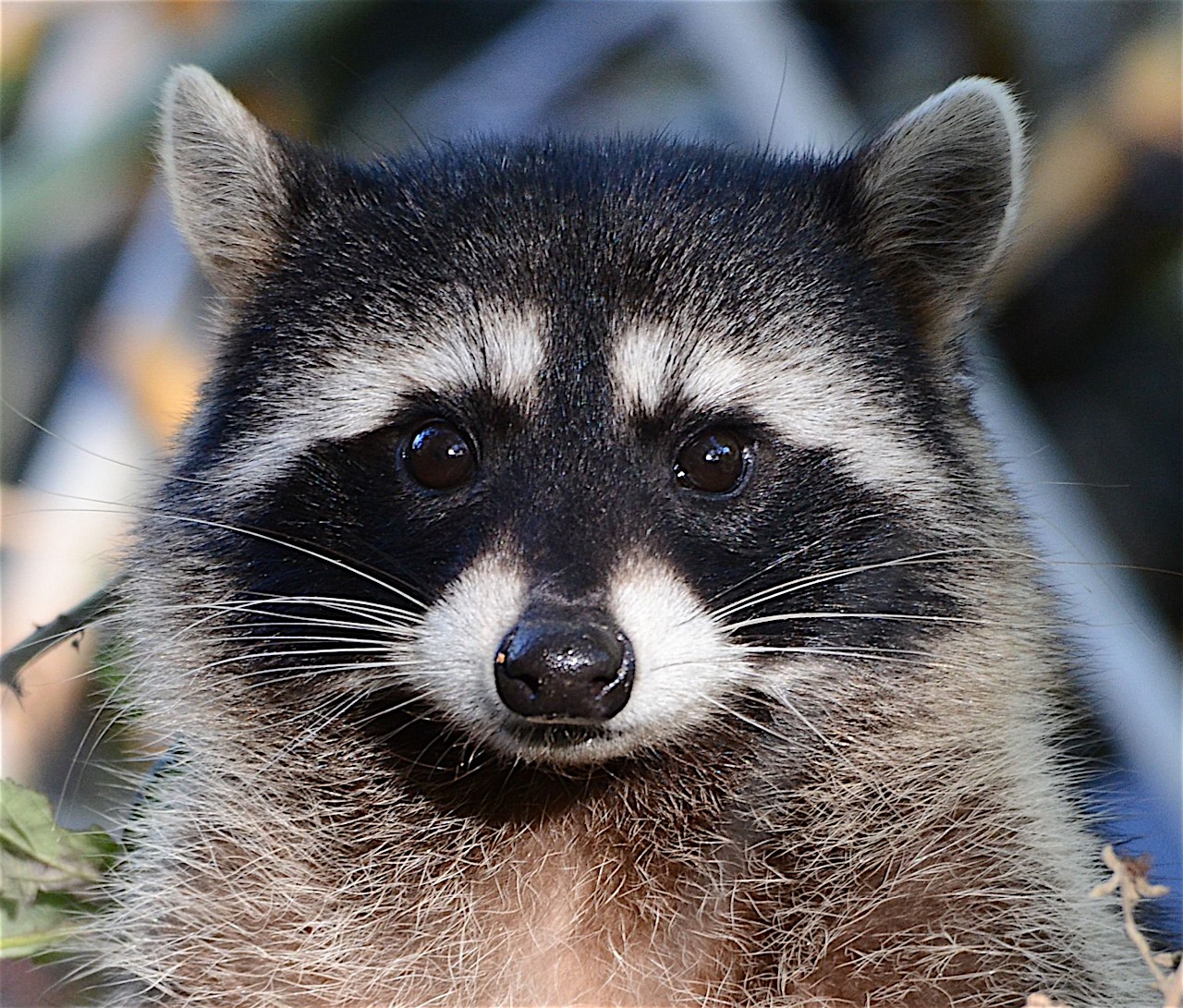
Image Source www.welcomewildlife.com
The Truth Behind Raccoons and Their Potential Dangers
When it comes to the question of whether raccoons are dangerous, there is a lot of misinformation and misconceptions out there. In this comprehensive guide, we will explore the reality behind these intriguing creatures and shed light on their potential dangers.
The Behavior of Raccoons
Raccoons are highly intelligent and adaptable animals that have thrived in various environments. Their natural curiosity often leads them to explore and scavenge for food in urban areas, causing occasional conflicts with humans. However, raccoons are not inherently aggressive or dangerous creatures.
These nocturnal animals have a wide diet range that includes fruits, vegetables, insects, small animals, and even garbage. While their foraging habits can bring them into contact with humans, they typically prefer to avoid confrontations and will only defend themselves if they feel threatened or cornered.
It is important to note that raccoons are primarily creatures of habit and routine. They will become comfortable with specific food sources or nesting sites if they consistently find easy access. This is why it’s crucial to secure garbage cans, remove potential food sources, and seal any entry points around your property to minimize raccoon encounters.
Raccoons and Disease Transmission
One of the primary concerns associated with raccoons is the potential transmission of diseases. Raccoons can carry various illnesses, and interactions with their feces or saliva can pose risks to humans and pets.
For example, raccoons are known carriers of the raccoon roundworm parasite, which can be transmitted through contact with contaminated soil or ingestion of eggs. This parasite can cause severe neurological disorders in humans if not properly treated.
To keep yourself and your loved ones safe, it is important to avoid direct contact with raccoon feces and take precautions when cleaning up potentially contaminated areas. Wearing gloves, using disinfectants, and seeking professional assistance for cleanup are recommended.
Preventing Raccoon Encounters and Conflicts
While raccoons may not be inherently dangerous, conflicts can arise when their behavior intersects with human activities. It is crucial to take preventative measures to minimize the chances of raccoon encounters and mitigate potential conflicts.
Some effective preventative actions include:
- Securing garbage cans with tight-fitting lids and storing them in enclosed spaces
- Removing potential food sources, such as fallen fruits or accessible pet food
- Sealing any entry points to your property, including gaps in fences or holes in attics
- Installing motion-activated lights or sprinkler systems to deter raccoons
By implementing these measures, you can greatly reduce the likelihood of raccoon-related issues and create a safer environment for both humans and raccoons.
The Importance of Coexistence
It is crucial to remember that raccoons are an essential part of our ecosystem and play a vital role in maintaining natural balances. As humans continue to encroach upon their habitats, learning to coexist peacefully becomes essential.
While it’s important to take precautions and minimize conflicts, it is equally important to appreciate the beauty and wonder of these intelligent creatures.
By understanding their behavior, taking preventive measures, and seeking professional help when necessary, we can safely appreciate the presence of raccoons in our surroundings without disrupting their natural way of life.
Remember, raccoons may be a part of our urban landscapes, but they are ultimately wild beings deserving of respect and admiration.